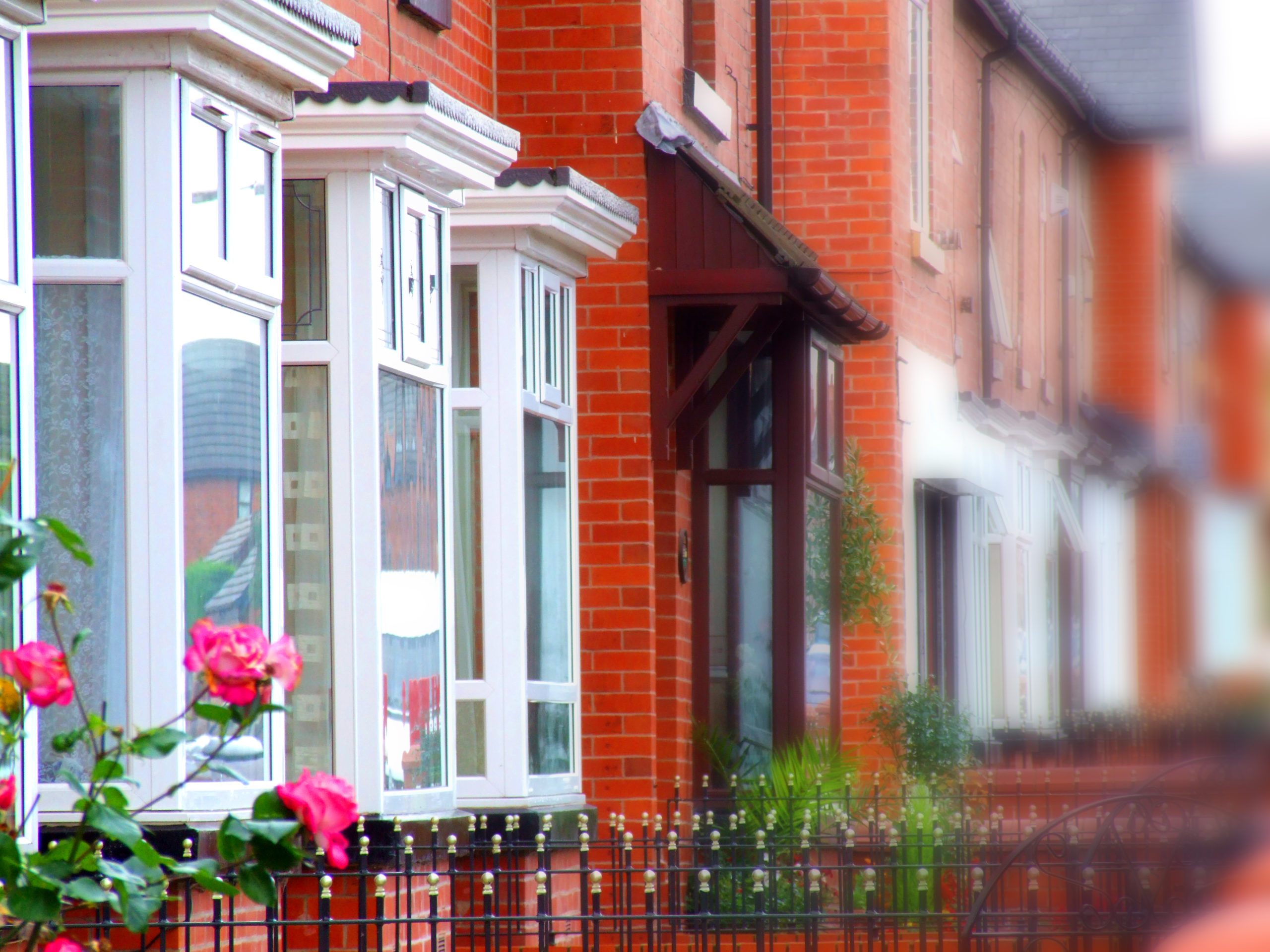
If you’re considering brick paving for your driveway or another hard landscaping project, use this guide to learn how bricks are made, how brick paths are laid, the pros and cons of choosing brick, and four solutions to problems. you doubt your first choice of hardscape materials. Here is a brief overview of some of the unique reasons why you should consider choosing paving slabs on a concrete driveway. While concrete pavers remain a solid choice for homeowners, other paving materials such as natural stone and brick exist as additional options for your driveway.
Australian made bricks and paving stones are flat surfaces usually made from concrete, natural stone and brick. Other materials used to make paving stones include marble, travertine, porcelain, pebbles, rubber, and even plastic. The most common types of paving stones include brick, concrete, cobblestone, rubber, porcelain, marble, travertine, bluestone, flagstone, and plastic. Different types of paving stones are available in different materials, shapes, functions and colours.
Paving stones are slabs and blocks made from a variety of materials used as a replacement for concrete in construction. Probably the most popular option for laying pathways is to use moulded concrete paving stones in brick form. Standard concrete pavement design involves stamping concrete into a brick shape.
Both brick and concrete paving stones are installed in the same way, and both provide years of use and durability. While concrete pavers offer greater durability, brick pavers can still withstand the traffic generated by a driveway. If you prefer an option that is less likely to crack or chip, or at least be easier to repair if damaged, consider blocking brick concrete sidewalks for driveway design. If the limited colour choices of natural brick paving slabs make you doubt your brick driveway plan, you might want to consider concrete brick paving slabs.
You have several options when you decide to finish your driveway, including concrete, asphalt, individual paving stones, and even decorative bricks. The second choice when planning a driveway paver project is to choose traditional, modern, or textured stone. As with any home improvement project, there are many considerations to consider, including the style and colour of the paving slabs and the laying pattern and overall design.
As for what makes your paver driveway project unique, use patterned trim to create a focal point. You can choose decorative finishes with custom made bricks, such as paving stones or geometric patterns.
If you are looking for an elegant and sustainable driveway or walkway to your home or office, the bluestone is the right material. If you don’t have the luxury of waiting a week to use your driveway and you want the project to be completed, asphalt is the best choice.
Paving your driveway adds value to your home, helps keep dust and dirt from chasing each other inside, and gives your home a finished look. Many people are fine with dirt driveways or cobbled areas rather than paved areas. Anyone with a driveway with a concrete floor wants the surface of the driveway to remain smooth.
If you need to finish building, whether it’s a patio, deck, driveway, or even a walkway, and you don’t want to use concrete, then pavers are your next choice. While concrete driveways require the use of new materials and resources, you can always choose recycled paving stones for your driveway by reusing existing materials. If you decide to change your driveway in the future, these pavers can be reused on another project.
Pavers are easy to maintain and repair because you can easily replace them. If you’re a homeowner looking to replace or install a new driveway soon, let’s take a look at the best driveway pavers. Paving stones are best for driveways, but with so many different types and styles to choose from, finding them can be daunting at first.
If part of the driveway gets dirty, you can easily replace the brickwork on that part of the driveway to make it look new again. Being able to replace a single paver when damaged is likely to cause your brick driveway to last longer than a concrete driveway.
To have a durable driveway to your property, it is always a good idea to opt for masonry to take advantage of the above benefits. A brick-paved driveway can last several decades, but it is still the most fragile of the paving options, as time and wear can eventually cause the clay bricks to flake and fail. Concrete driveways generally have a longer lifespan than clay bricks; a life expectancy of 25 to 50 years is common.
Concrete pavers are slightly less durable than brick pavers, although their 8,000 psi resistance is good enough for normal use. Bricks are also more prone to chipping or cutting, but the solid colour makes small imperfections less noticeable than concrete pavers. Be careful when buying paving stones, as the word “brick” is sometimes used to describe the shape of the stone rather than the material, so you may see that “concrete brick” isn’t technically a brick at all.
On the other hand, there is less variety in colour, shape, and size when working with brick than when working with concrete pavers, which come in a seemingly endless range of colours and styles. It’s easy to see why; Brick is available in a variety of colours and can be customized to look different from almost any other driveway made from the same compound.
Porcelain stoneware pavers can also be used to create an ultra-modern look, but this will require a concrete base that can withstand loads of vehicles. The entrance of a house with a brick facade can be made of brick slabs of silicate bricks in combination with concrete. We will consider the most popular flooring options, their properties, advantages and disadvantages. If you live in a region prone to floods and heavy rains, it is much better to pave your driveway with bricks.



